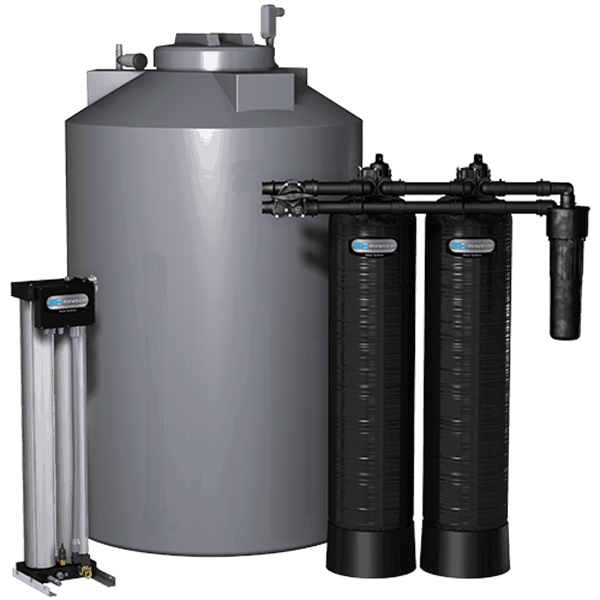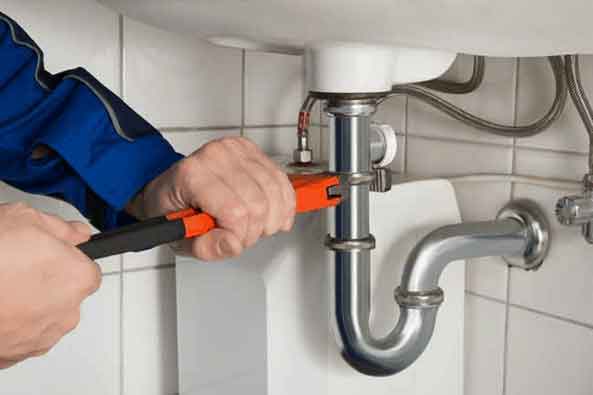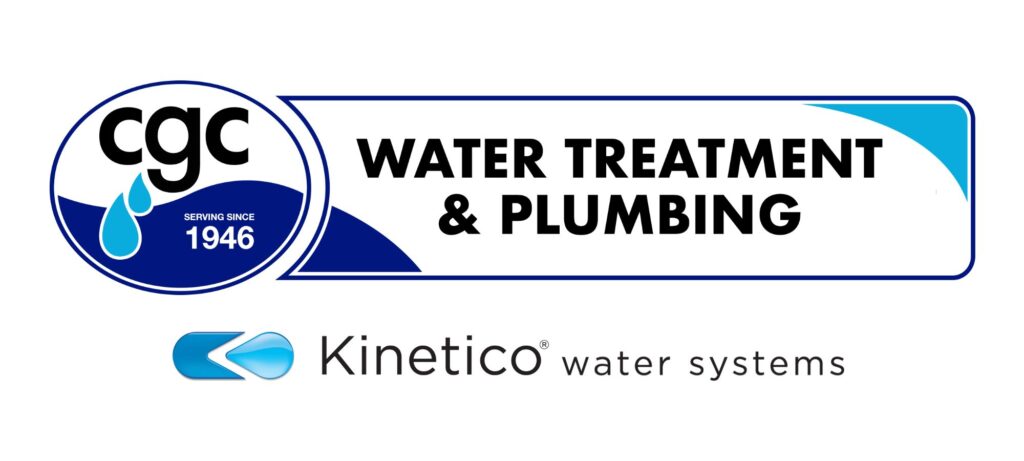Has your water at home seemed kind of strange lately? Click here to learn nine of the most common issues to determine what the problem may be.
Keyword(s): most common water issues
What’s that smell? You turn on the water faucet and all of a sudden you begin to smell a hint of rotten eggs. Sound familiar?
Don’t start blaming your toddler just yet! You may be facing one of the most common water issues known to homeowners. Unfortunately, this is just one of many.
And if your health and your family’s health are important to you, then you’ll want to learn about everything there is to know when it comes to common water issues in the home. It’s essential that you know what to look out for, the signs of it, and how to fix the problem.
Has your water been acting a bit strange lately? Continue reading below to learn about eight of the most common water problems to be on the lookout for!
1. Hard Water
Hard water is pretty common especially depending on where you live. It’s not a big health risk, but it is quite an annoyance. It’s also an annoyance that can affect you in more ways than just your mental state.
Hard water might not pose a huge health risk to you, but it can affect your skin. If you’re someone with sensitive skin, then you might notice an irritation on your scalp for example. Hard water is caused by a build-up of magnesium and calcium in the water.
When this happens, it can leave a white residue on sinks, bathtubs, dishes, and more. Once the residue is visible, it’s often difficult to remove. Now, imagine how this might affect your skin.
One of the biggest problems that hard water creates is a build-up of scale within the plumbing system that can cause plumbing issues down the road. Using a water softener is going to take the magnesium and calcium out of your water.
2. Cloudy Appearance
Does your faucet water seem cloudy or rusty lately? If so, then it might be due to manganese and iron in the water. This is common in groundwater supplies.
When either of these elements is present, the water will have a metallic taste to it. Another way to tell if your water has iron or manganese in it is to be on the lookout for rust stains. This water issue will leave rust stains on your laundry, your cookware, and your plumbing fixtures.
Once the stains set in, they’re hard to get out as well. Installing a water softener is the best way to fix this problem and prevent rust stains from happening.
3. Rotten Egg Smell
It’s here: the rotten egg smell. Although you might be inclined to believe that the smell is due to the drain needing to be cleaned or your toddler needing a change, it’s actually due to sulfur. The smell of sulfur is what you’re referring to as a rotten egg.
Hydrogen sulfide is what causes the sulfur smell. It’s a colorless gas that does nothing good for your plumbing system. Over time, it’ll cause your metal pipes to corrode and eventually cause leaks.
The best way to fix this problem is to use a multi-stage filtration system.
4. Bad Taste
Have you ever poured a glass of water from your faucet and thought, “yuck!?” A fishy, moldy, or musty taste in your water is sometimes due to when surface water supplies have organic matter in it.
This could also be due to sulfates in the water. Sulfates leak into the water from a septic or sewer system. Installing a water filter in your home is one of the easiest ways to correct this problem.
5. Arsenic in the Water
Arsenic is naturally occurring, but it’s not a gas. Arsenic is a semimetal that is sometimes found in water. When drinking water and water used for bathing, laundry, and washing dishes has high levels of arsenic, it can cause some serious health problems.
These health problems include cancer in the bladder, lungs, skin, and liver. It can also cause other health issues as well. To prevent these health risks from happening, you can install a carbon filter filtration system on your water system, or you can use reverse osmosis to remove it from your water supply.
6. Lead Contamination
Lead-contaminated water can be one of the most dangerous issues to come across. What makes it so dangerous is that it’s hard to detect in almost all scenarios. If you live in an older home, then you need to be wary of your pipes.
Pipes in older homes were sealed together using lead solder. When the lead enters the water, it dissolves quickly and has no distinctive taste, color, or smell. This makes detecting it nearly impossible, and if consumed, it’s quite dangerous for your body.
There are several water systems or filters that you can buy to keep the lead out of your water before consuming it or coming into contact with it at all.
It’s Time to Fix These Most Common Water Issues!
Have you been hit with any of these most common water issues or another problem not listed above? If so, then it’s time to fix it! Keep yourself and your family safe by installing your own water filtration system and softener today!
Not sure if your water is safe? Click here to have a free water test done!
Also checkout “Wardrobe-friendly water softener“







